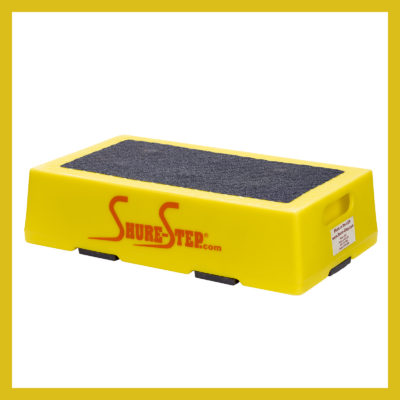Thieves are laser targeting seniors both online and on the phone. Which begs the question, Do you know how to keep your mom safe from online fraud?
Why is your mom a target? ? Because seniors have money and can be caught off-guard with a little smooth talking. On February 22, 2018 the Department of Justice Criminal charges were filed against more than 250 alleged perpetrators in mailing and telemarketing schemes.
In 2015 individuals called the Senate Aging Committee’s toll-free fraud hotline 1,108 times,1-855-303-9470. That number more than doubled to 2,282 in 2016.
How to spot a scammer
People who are targets of a scheme get a call, get a card or get an email telling them that they’ve won a prize, but they’ll need to pay a fee in order to pick up their winnings. A legitimate sweepstakes would never ask you for money or force you to pay a fee in order to claim your prize. The scammers are using phone numbers that have the same first 6 numbers as your phone number hoping that you will answer because the number looks familiar. The scammer will act like your friend on the phone, resist the temptation to take the bait. Just hang up!
How to Keep Your Mom Safe From Email Fraud Online
Using emails the scammers send your mom what looks like an alert that is coming from PayPal, Microsoft, Apple, American Express, Bank of America, your bank, your credit card etc… If you think the email might be legitimate or from someone your know, VERY CLOSELY LOOK AT THE EMAIL! Look for YOUR NAME or your account number in the body of the email. If it is a legitimate message they already know your name and account number, and will never ask you to verify any account information in an email. Then read the body of the email several times before clicking anything in the email. If you’re ever in doubt, delete the email. You don’t want to click any links (words in blue) because it could be a computer virus or worse. With some viruses the scammers could actually take control of your computer or follow every key stroke you make on your computer and gain access to your accounts.
The Federal Trade Commission shares this helpful information about tech support scams:






